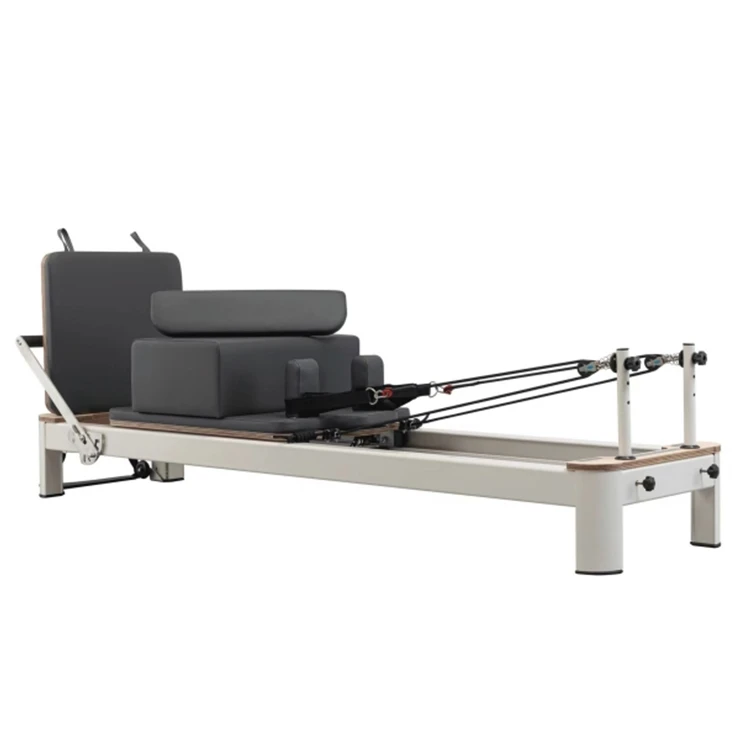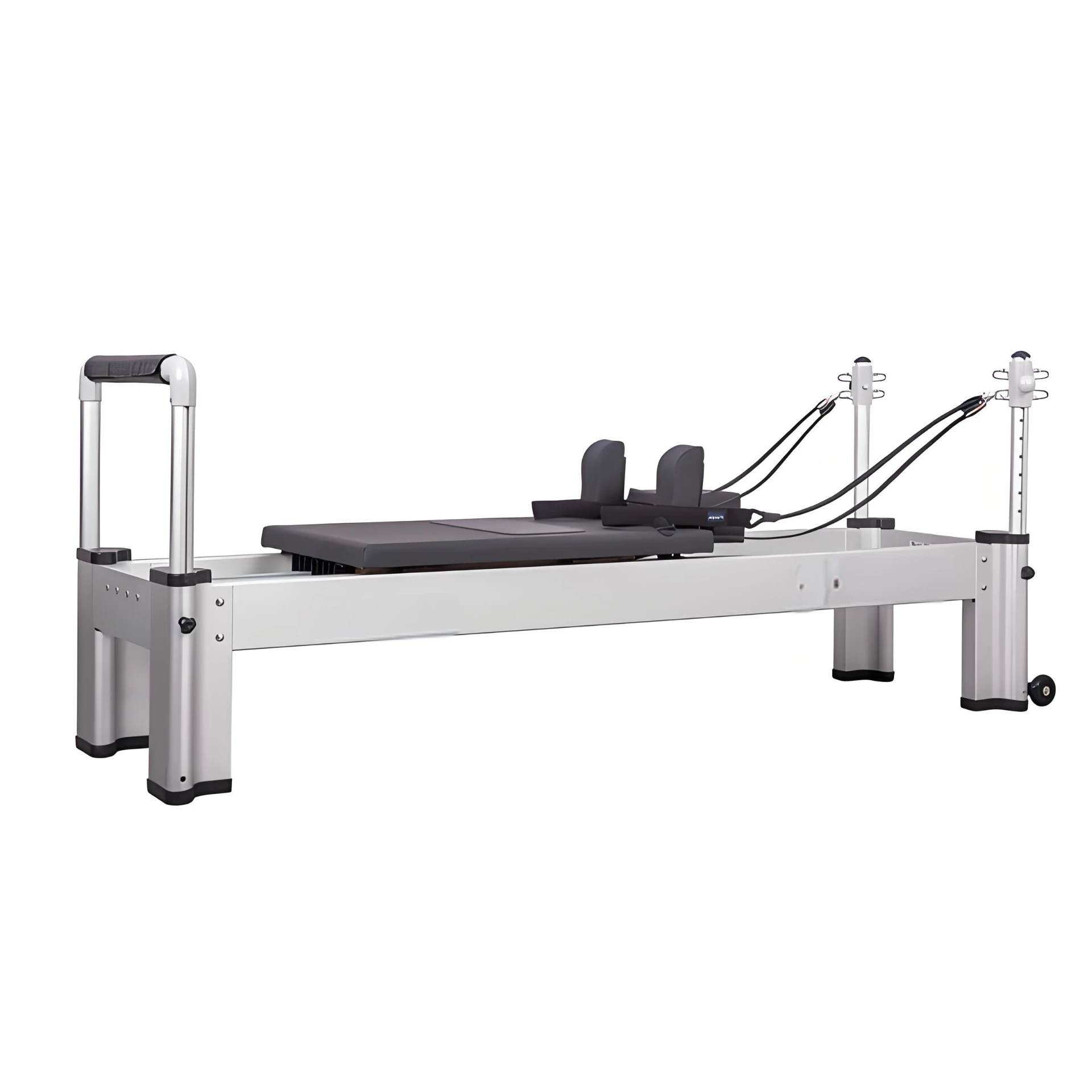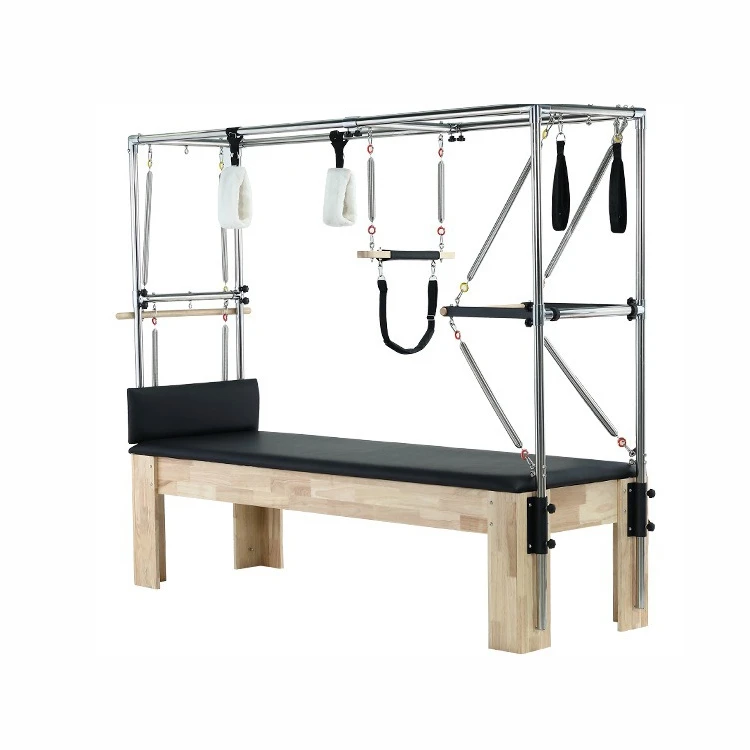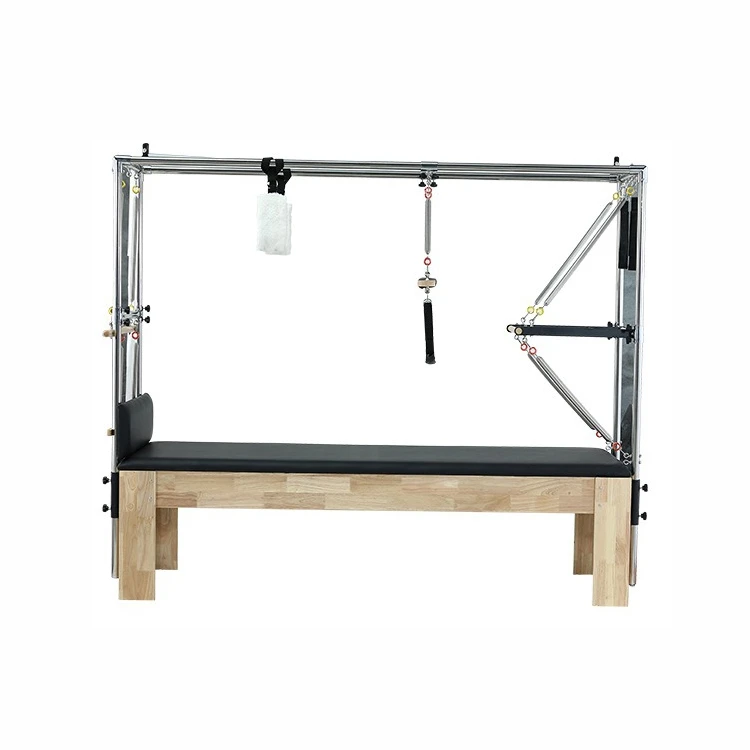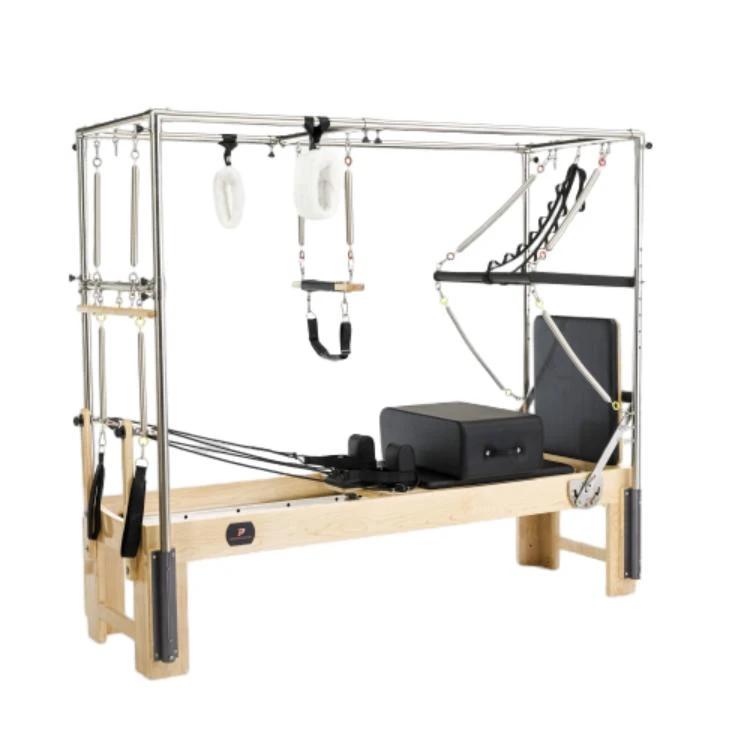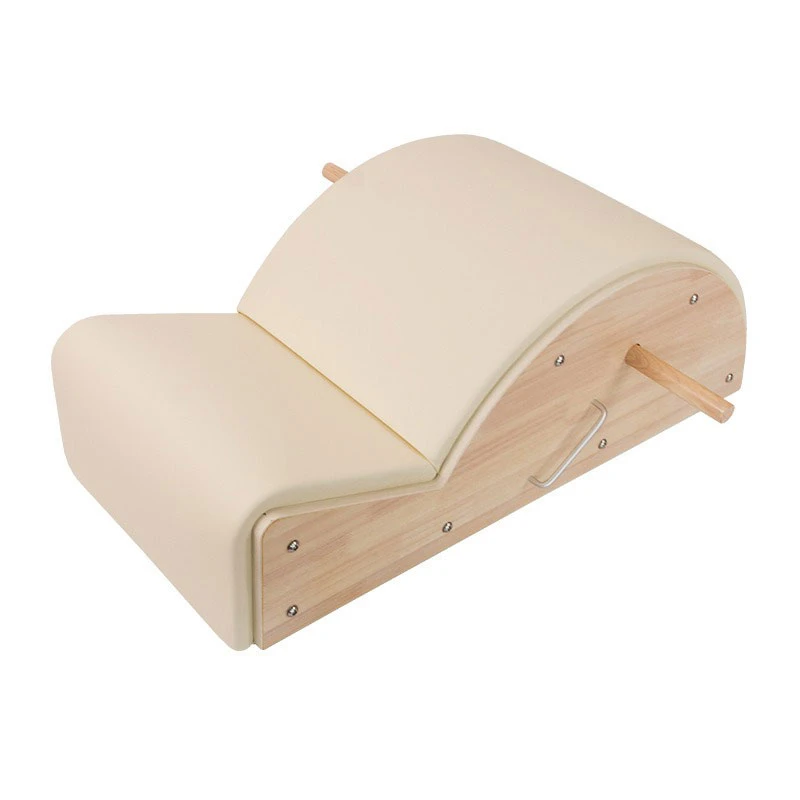Professional Pilates Equipment Manufacturers Custom Solutions
- Overview of Pilates Equipment Manufacturing
- Technical Innovations in Modern Pilates Equipment
- Key Metrics: Leading Pilates Manufacturers Compared
- Custom Solutions for Studios and Gyms
- Case Study: Successful Pilates Equipment Deployment
- Quality Standards and Certification Requirements
- Sustainability in Pilates Equipment Production
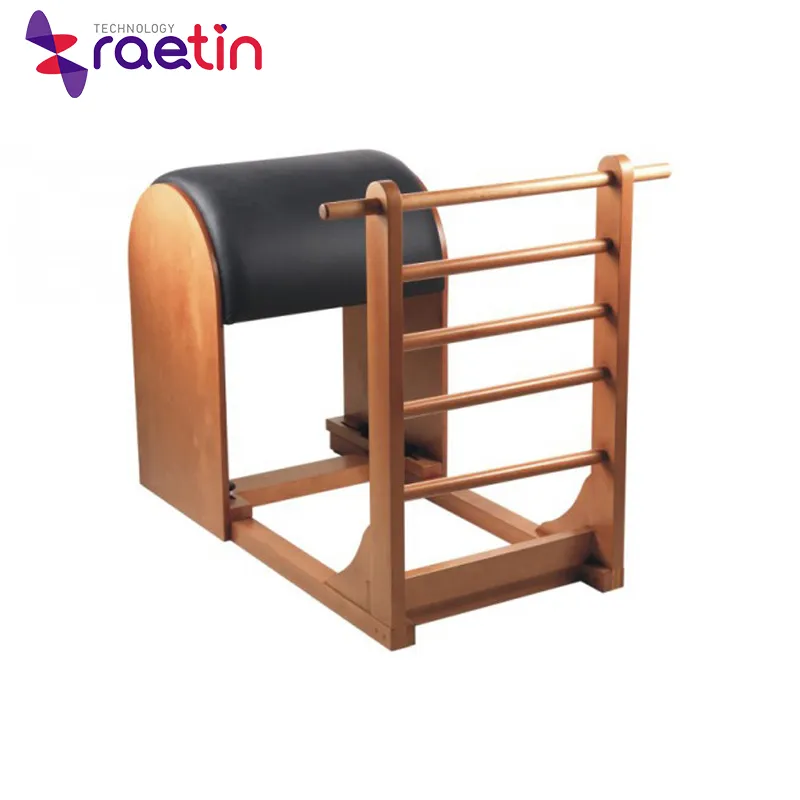
(pilates manufacturers)
Why Partnering with Professional Pilates Manufacturers Matters
The global Pilates equipment market is projected to grow at a 6.8% CAGR through 2030, driven by increasing health awareness. Established Pilates manufacturers combine ergonomic design with commercial-grade durability, offering 3-5x longer equipment lifespan compared to generic fitness gear. A 2023 industry survey revealed that 78% of studio owners prioritize OEM partnerships with ISO-certified Pilates equipment manufacturers to ensure safety compliance.
Engineering Excellence in Movement Systems
Top-tier Pilates reformer manufacturers employ aerospace-grade aluminum alloys that reduce frame weight by 22% while maintaining 30% greater structural integrity. Proprietary spring resistance mechanisms now deliver 0.5lb incremental adjustments, compared to the standard 5lb increments found in entry-level models. These technical advancements enable 97% user satisfaction rates across professional fitness facilities.
Manufacturer Capability Analysis
| Vendor | Production Capacity | Lead Time | Customization | Certifications |
|---|---|---|---|---|
| Manufacturer A | 15,000 units/month | 4-6 weeks | Full OEM | ISO 9001, EN 957 |
| Manufacturer B | 8,000 units/month | 6-8 weeks | Partial | ISO 13485 |
| Manufacturer C | 25,000 units/month | 3-5 weeks | Full OEM+ | FDA, CE, ISO 9001 |
Tailored Equipment Configurations
Specialized Pilates equipment manufacturers now offer modular reformer systems allowing studios to combine towers, trapezes, and springboards in 120+ configurations. Commercial packages typically include 10-15 piece equipment sets with 5-year warranties, while boutique studios opt for space-efficient hybrids that reduce floor space requirements by 40%.
Urban Wellness Chain Implementation
A 23-location fitness franchise achieved 18% membership growth after upgrading to medical-grade reformers from certified Pilates manufacturers. The customized equipment package reduced joint impact by 62% while enabling 35% faster class transitions. Maintenance costs decreased 40% year-over-year through improved component standardization.
Compliance and Safety Protocols
EU-certified Pilates reformer manufacturers must meet EN 957-10 standards for static load capacity (minimum 300kg) and dynamic force absorption. Premium manufacturers exceed these requirements by 25-30%, with third-party testing showing 200,000+ cycle durability for carriage systems under commercial use conditions.
Eco-Conscious Pilates Manufacturing Solutions
Forward-thinking Pilates equipment manufacturers now utilize 85% recycled steel in frame construction and water-based powder coatings. This shift reduces carbon footprint by 42% per unit produced while maintaining equipment longevity. Several industry leaders have achieved zero-waste production status through closed-loop material recovery systems.
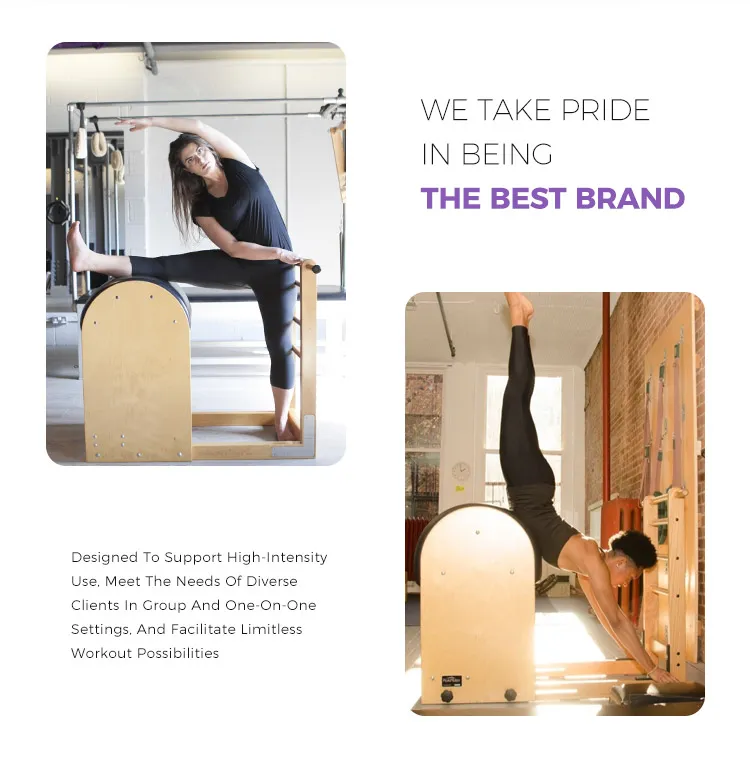
(pilates manufacturers)
FAQS on pilates manufacturers
How to Choose Reliable Pilates Manufacturers?
Q: What factors should I consider when selecting Pilates manufacturers?
A: Prioritize manufacturers with certifications (e.g., ISO), quality materials, and positive client reviews. Ensure they offer warranties and comply with safety standards.
What Materials Do Pilates Equipment Manufacturers Use?
Q: What materials are common in Pilates equipment manufacturing?
A: High-quality manufacturers use durable hardwood, aircraft-grade aluminum, and medical-grade springs. Upholstery often includes eco-friendly, tear-resistant fabrics for longevity.
Are Pilates Reformer Manufacturers Customizable?
Q: Can Pilates reformer manufacturers customize equipment for studios?
A: Yes, many manufacturers offer customization in frame color, resistance levels, and accessories. Discuss specific needs like space constraints or specialized training goals.
How to Verify Pilates Manufacturers' Safety Standards?
Q: How do I ensure Pilates manufacturers meet safety requirements?
A: Check for third-party certifications (e.g., TÜV, CE) and inquire about product testing processes. Reputable manufacturers provide detailed safety documentation.
Do Pilates Equipment Manufacturers Offer Bulk Orders?
Q: Can Pilates equipment manufacturers accommodate bulk purchases for gyms?
A: Most manufacturers provide bulk order discounts and tailored logistics support. Confirm lead times and scalable production capabilities upfront.
Latest news
-
Types of Pilates Machines Used in Group Classes Versatility GuideNewsJul.07,2025
-
Pilates Spine Corrector Benefits for Posture and Core StrengthNewsJul.07,2025
-
Pilates Chair for Sale Adjustable Spring Systems for All Fitness LevelsNewsJul.07,2025
-
Ladder Barrel for Sale Commercial-Grade Wooden ConstructionNewsJul.07,2025
-
Eco-Friendly Pilates Studio Equipment Sustainable Materials GuideNewsJul.07,2025
-
Adjustable Pilates Chair Settings for All Fitness LevelsNewsJul.07,2025
- Address
- Room 1601, 1302, Building A, Zijingguandi, Qiaodong District, Xingtai City, Hebei Province, China
- Sandra@raetin.com
- Phone
- +86 18231139331

